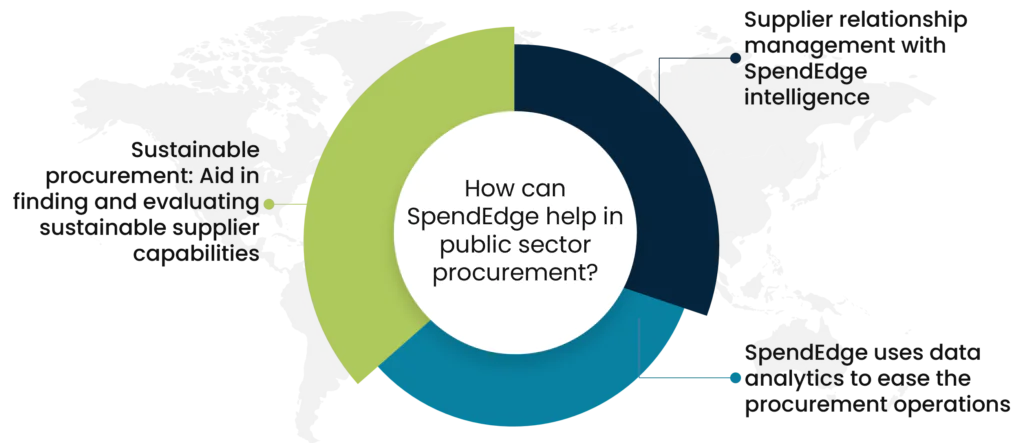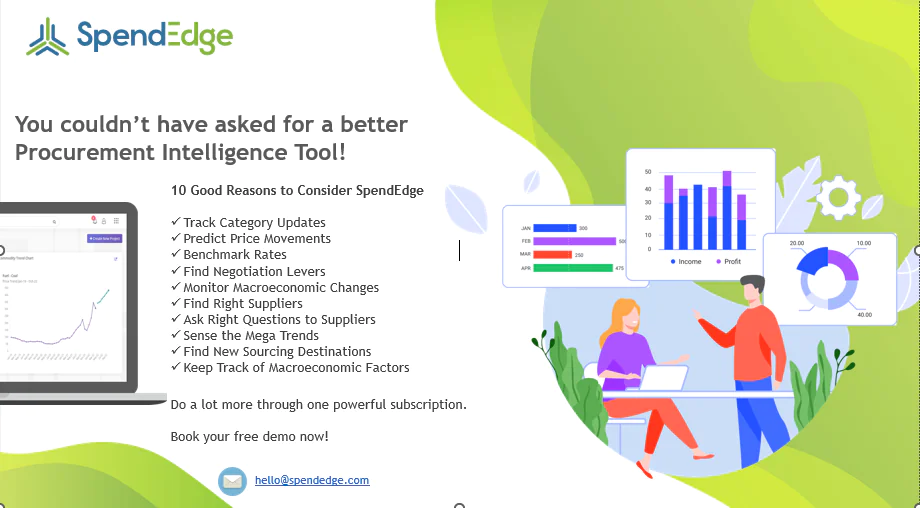Procurement is purchasing goods, services, and materials from suppliers. It involves identifying a need, researching suppliers, negotiating contracts, and managing the purchasing process. In the public sector, procurement is regulated by public procurement laws, which ensure that public funds are spent in a fair and equitable manner. However, in the private sector, procurement is largely unregulated, and organizations can pursue their procurement strategies.
At a high level, the goal of procurement is the same in both public and private sectors: to obtain the goods, services, and materials required to meet organizational goals. However, there are some key differences between the two sectors. Public organizations have less control over the procurement process as they have to wait for the funding institution to collect the required revenue and then disburse it properly before engaging in procurement activities. If the disbursement is delayed, then the organization may need to delay payment or further procurement practices.
On the other hand, private organizations draw their revenue from sales, investments, and other business-related areas. Their money is more centralized, which speeds up the procurement process. Privately owned businesses can seek out different suppliers to find the best deal because they have more time and resources to do so. Their focus is more on saving the most money and getting things done quickly.
Challenges/problems faced by public sector companies during procurement
Sustainable practices: identifying best practices and organic suppliers
The complex regulatory landscape often makes it difficult to establish uniform sustainability criteria. The limited availability of certified organic suppliers can hinder procurement efforts and budget constraints may deter public entities from choosing more expensive but sustainable options. Additionally, the lack of awareness and training among procurement professionals can impede the identification of best practices. Overcoming these challenges requires comprehensive policy frameworks, capacity-building, and collaboration with stakeholders to foster sustainable procurement in the public sector.
Maintaining effective relations with the suppliers:
Effective supplier relationship management is crucial for achieving success in any organization. However, without the right strategies in place, it can be challenging to manage. Governance and compliance create additional challenges, making it even more difficult. Regardless of how good your procurement strategy is, it will not be effective if you do not engage your suppliers properly. If your suppliers cannot deliver your order on time or in the requested quantity, you will spend more time, money, and manpower on market research and getting quotes from other vendors. A centralized system can help simplify the procurement process and make it more efficient.
Optimum use of data analytics:
Tracking data and analyzing it helps you identify where your money is being spent, where you’re making smart investments, and where you can save money. However, introducing new purchasing approaches can be challenging, and convincing everyone to adopt data-driven strategies can be difficult. Even though implementing an e-procurement system can streamline the entire process, save time, and increase productivity, the transition to an electronic system for better data and analytics can be daunting. If employees continue to make purchases outside of the system, the data will not accurately reflect the organization’s operations.
How can SpendEdge help in public sector procurement?

Sustainable procurement: Aid in finding and evaluating sustainable supplier capabilities
At SpendEdge we offer in-depth supplier assessment, market research, and supplier identification, helping public organizations locate and evaluate sustainable suppliers. Our experts also assist in developing customized sustainable procurement strategies and guidelines tailored to specific industry needs. Our data-driven analysis aids in identifying cost-effective sustainable options, promoting environmentally responsible procurement decisions, and ensuring compliance with sustainability goals and regulations, ultimately contributing to a more environmentally conscious and socially responsible supply chain.
Supplier relationship management with SpendEdge intelligence:
Our market intelligence and data-driven insights foster stronger, more strategic partnerships with suppliers. We offer in-depth supplier assessments, performance evaluations, and risk analysis, enabling organizations to identify and manage key suppliers effectively. Our expert intelligence helps in negotiating favorable contracts, optimizing procurement processes, and ensuring compliance with sustainability and quality standards. By leveraging our data and expertise, organizations can establish collaborative, long-term relationships with suppliers, drive cost efficiencies, and enhance supply chain resilience, ultimately benefiting from improved supplier performance and reduced risks.
SpendEdge uses data analytics to ease the procurement operations:
We leverage data analytics to streamline and enhance procurement operations, we also collect and analyze vast datasets to identify cost-saving opportunities, market trends, and supplier performance metrics. By employing predictive analytics our experts can forecast demand, optimize inventory management, and identify potential risks in the supply chain. Our data-driven insights enable organizations to make informed decisions in supplier selection, negotiate better contracts, and assess supplier compliance with quality and sustainability standards. This analytical approach not only increases procurement efficiency but also aids in strategic decision-making, ultimately leading to cost reduction, improved supplier relationships, and a more resilient and sustainable procurement process.
Success story: How SpendEdge helped one of its clients
Our client is a publicly owned Power Generation and Distribution company in the US that was facing a critical challenge in assessing the alignment of their capital costs with the prevailing market rates. The company needed to ensure that the capital costs they were about to incur were competitive and in line with market standards, taking into account potential fluctuations in raw material prices, labor costs, and inflation.
In response to this challenge, we conducted an exhaustive cost breakdown analysis at a sub-component (Tier-III) level. We meticulously analyzed various cost factors, including forecasted scenarios for raw material price fluctuations, labor costs, and inflation. This data-driven approach allowed the client to validate their cost information with their supplier, facilitating more informed negotiations and enabling the company to secure more favorable terms.
As a result, the company achieved cost efficiencies, ensuring that its capital costs remained competitive and in sync with the dynamic market conditions, ultimately contributing to its financial sustainability and competitiveness in the industry.





